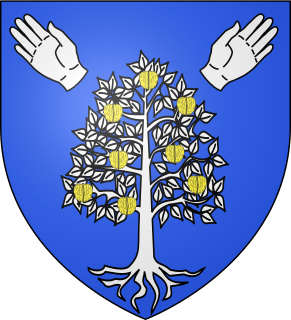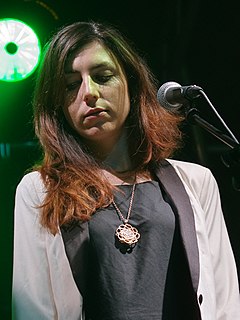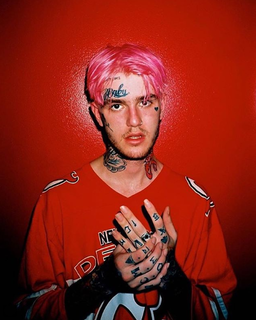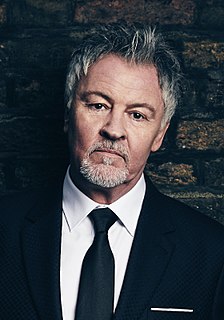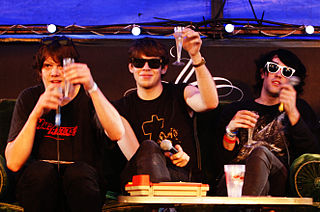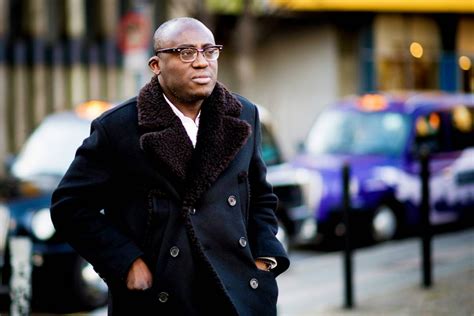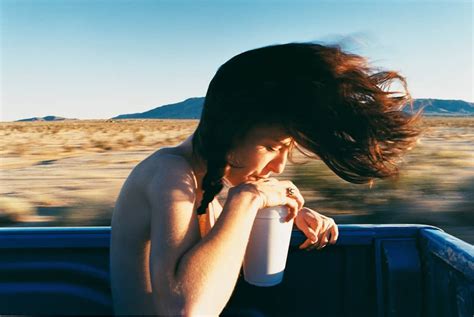A Quote by Lars von Trier
When I was younger, I was fascinated by David Bowie, for example. he had created an entire myth around himself. It was as important as his music.
Related Quotes
The first thing that got to me was seeing David Bowie on a children's TV show, but Bowie was way beyond my aspirations. The Buzzcocks' Spiral Scratch came out in 1977 and it had a breakdown of the recording costs, then you saw Pete Shelley playing a broken guitar from Woolworths. We already had an idea of the kind of music we wanted to do, but punk showed us a way to do it.
If you took a couple of David Bowies and stuck one of the David Bowies on the top of the other David Bowie, then attached another David Bowie to the end of each of the arms of the upper of the first two David Bowies and wrapped the whole business up in a dirty beach robe you would then have something which didn't exactly look like John Watson, but which those who knew him would find hauntingly familiar.
It meant that Diana had not waited for any explanation, however halting and imperfect, but had condemned him unheard; and this showed a much harder, far less affectionate woman than the Diana he had known or had thought he knew - a mythical person, no doubt created by himself. It had of course been evident from her letter, which made no reference to his; but he had not chosen to see the evidence and now it was absolutely forced upon his sight it made his eyes sting and tingle again. And deprived of his myth he felt extraordinarily lonely.


